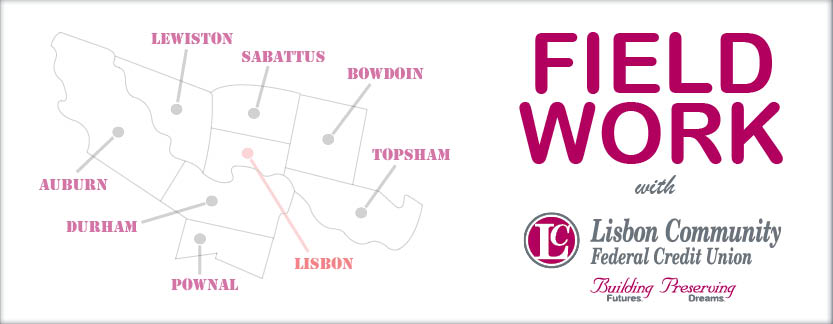Nowadays, the differences between banks and credit unions are quite blurred. The names of these two organizations are used interchangeably by lots of folks. In fact, it’s not uncommon to hear one of our Members take a call from their cell phone in the lobby and say…"I’m at the BANK." Due to the fact that both are full service financial institutions and offer similar products and services, consumers may perceive them as the same. We’d like to change that perception with our post today!
A credit union is called a financial cooperative and follows some unique principles. One principle is that they are owned by their Members. When each new Member comes in to open an account, they are becoming a one-part owner of the credit union. Also, they get one vote to be used at the credit union’s annual meeting. Essentially, Members are able to participate with how the organization is run.
Here’s another principle; a credit union is run by a volunteer Board of Directors who are also Members. With this structure, Board Members are able to govern more effectively because they have a vested interest. Banks are governed by a paid Board of Directors who may not even be a customer of that specific institution. The last principle we’d like to share is that a credit union is a not-for-profit (not a non-profit) organization. With our income, we are able to give higher rates on deposit products, lower rates on loans and offer more free or low cost services to our Membership. Banks, on the other hand, are for-profit institutions and use their income differently.
To illustrate our point better, we’d thought you like this video. It’s a pretty fun way to explain the differences spoken above.
Building Futures. Preserving Dreams.

No comments:
Post a Comment